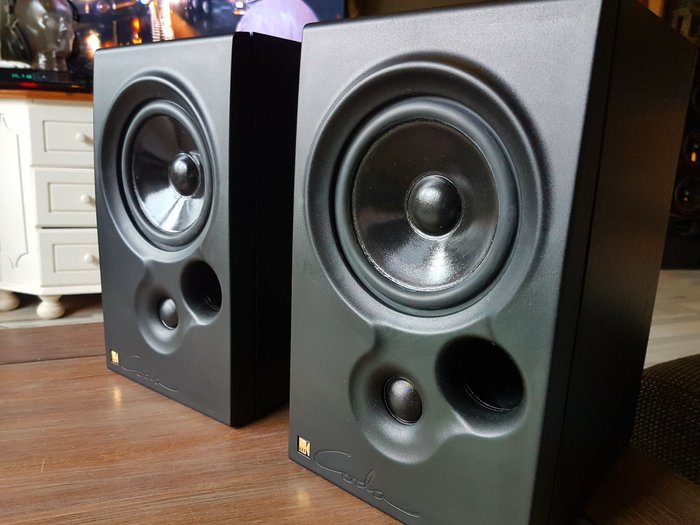The ukulele stands as a captivating musical device that has enraptured the affections of artists and enthusiasts alike for a span surpassing a century. Characterized by its diminutive dimensions and distinctive resonance, the ukulele has evolved into a symbol emblematic of Hawaiian heritage and a cherished implement across the globe. However, the question arises: What is the origin of this petite marvel? Let us embark on a voyage through the annals of ukulele history to unveil its story.
The Genesis of the Ukulele
The inception of the ukulele traces back to the Madeira Islands, an archipelago of Portuguese origin nestled off the African shoreline. Originally dubbed the “machete,” it was initially employed within a genre of music referred to as “braguinha.” The machete was transported to Hawaii by Portuguese immigrants in the latter part of the 19th century, swiftly ingraining itself within the local populace.
The Ascendance of the Ukulele
The ukulele’s eminence skyrocketed during the early 20th century, partly attributed to the Panama-Pacific International Exposition held in San Francisco in 1915. Within this exposition, a Hawaiian pavilion came to the forefront, exhibiting hula dancing and ukulele harmonies, thereby acquainting a broader audience with the instrument.
The popularity of the ukulele continued its ascension through the 1920s and 1930s, evolving into a fixture of American mainstream music. Notably, there was a juncture where C.F. Martin, a preeminent figure in the realm of guitar craftsmanship, vended as many ukuleles as guitars.
The Ukulele Amidst World War II and Beyond
During the expanse of World War II, the ukulele’s prominence dwindled due to the scarcity of materials necessitated by wartime rationing. Nevertheless, a resurgence of interest in the ukulele surfaced during the 1950s and 1960s, in part fueled by the rise of rock and roll and the allure of Hawaiian melodies.
In the contemporary era, the ukulele has encountered unprecedented popularity, captivating musicians of all ages and aptitudes with its distinctive timbre and carefree ethos. Whether rendering traditional Hawaiian harmonies or contemporary pop melodies, the ukulele has secured a niche within nearly every musical genre.
The Distinctive Charisma of the Ukulele
The enigma that shrouds the ukulele’s charisma might lie in its modest size and portability, rendering it an ideal companion for roving musicians. Alternatively, the ukulele’s resplendent and jubilant tonality could be the source of its ability to evoke smiles from those who bask in its melodies.
Irrespective of the rationale, the ukulele’s timeless allure remains indisputable. It persists as a musical entity that has endured through epochs, kindling felicity across the global expanse. Regardless of whether one is a seasoned virtuoso or an aspiring novice, the ukulele stands as a magnificent instrument to master and perform.
Epilogue
In summation, the ukulele’s narrative is one of opulent intrigue, traversing continents and epochs. From its unpretentious origins on the Madeira Islands to its present-day status as a cherished musical medium worldwide, the ukulele’s odyssey is replete with significance. Therefore, as you next lay your hands upon your ukulele, pause for a moment to acknowledge its history and the delight it imparts upon countless souls.





